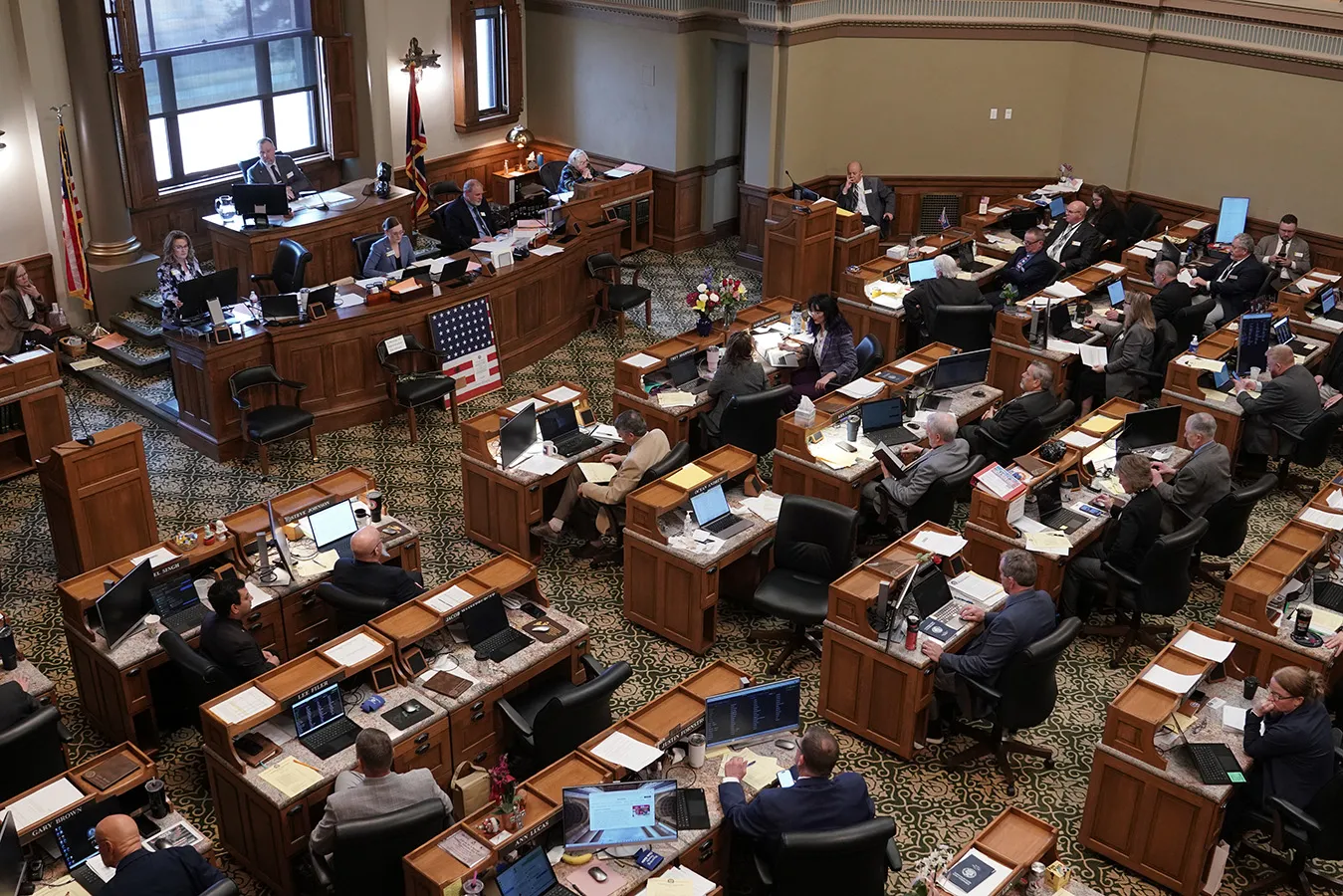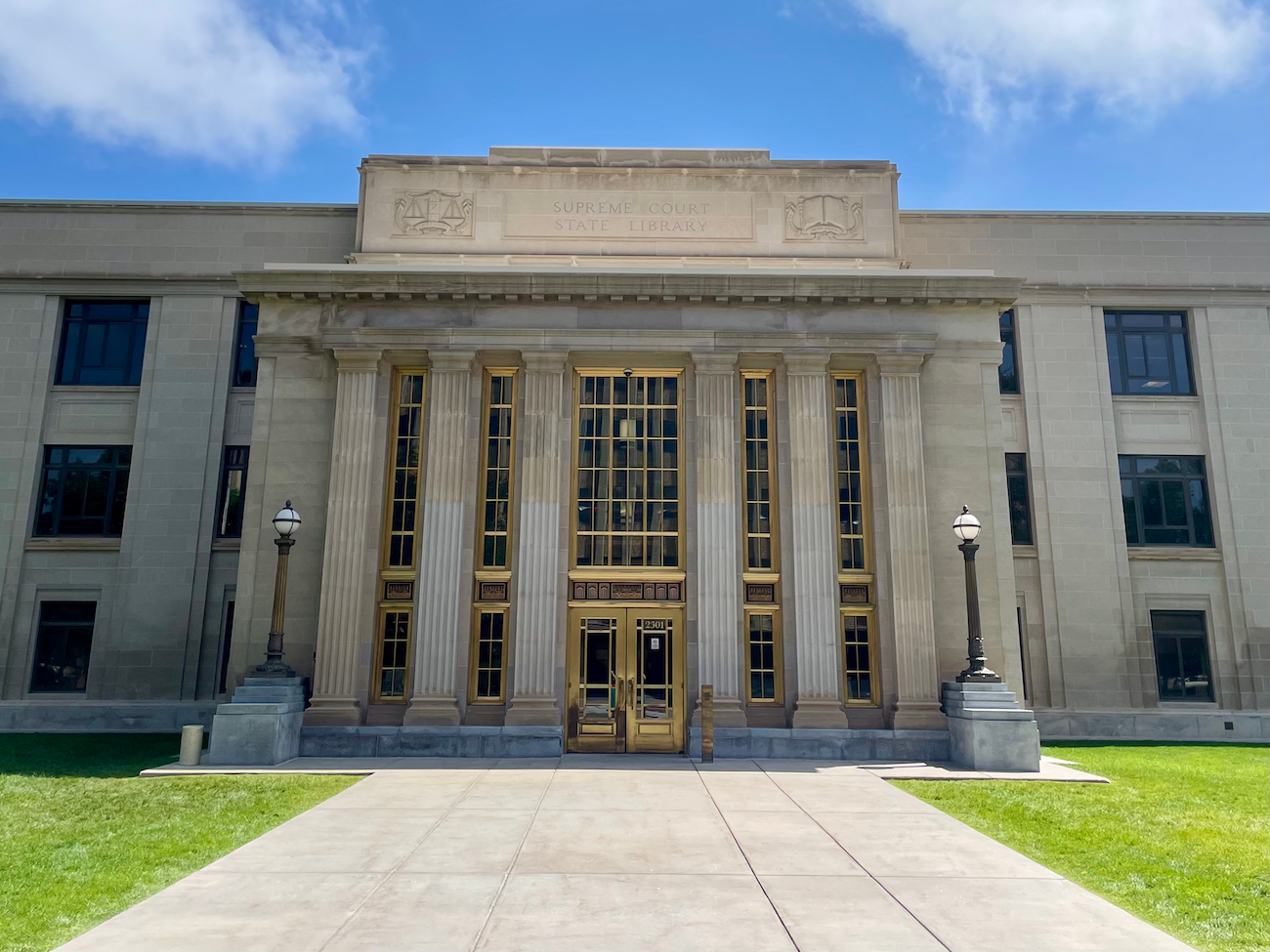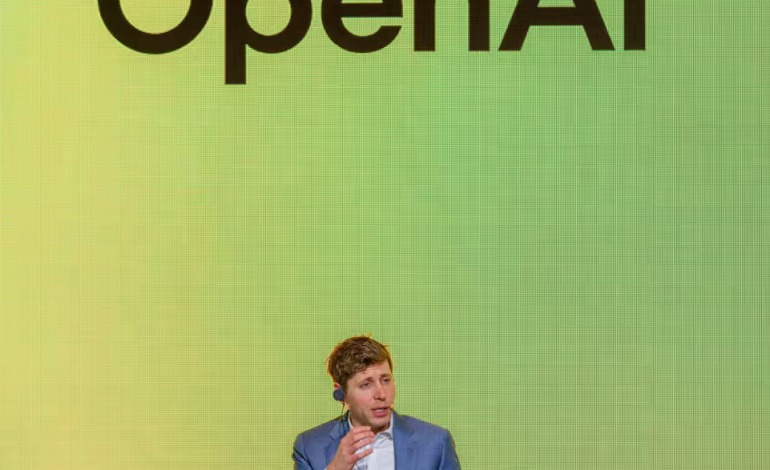OpenAI CEO Sam Altman has claimed that Meta, the parent company of Facebook and Instagram, attempted to recruit key artificial intelligence experts from his company by offering exceptionally large signing bonuses—reportedly as high as $100 million.
Altman made the remarks during a podcast interview released this week, further highlighting the intensifying competition among tech giants for top AI talent.
“They started making these giant offers to a lot of people on our team—$100 million signing bonuses, more than that in annual compensation,” Altman said on the Uncapped podcast, hosted by his brother, Jack Altman. “It is crazy. I’m really happy that, at least so far, none of our best people have decided to take them up on that.”
Meta has not publicly confirmed the details of the alleged offers and declined to comment when contacted by several media outlets.
Altman expressed concerns that Meta’s strategy of offering massive upfront compensation could hinder efforts to build a strong, innovation-driven culture.
“The degree to which they’re focusing on that, and not the work and not the mission—I don’t think that’s going to set up a great culture,” he said.
The remarks come at a time when major technology firms are investing heavily in AI, particularly in the pursuit of artificial general intelligence (AGI) and so-called “superintelligence”—systems that surpass human cognitive abilities. Meta recently announced a $14.3 billion investment for a 49% stake in Scale AI, a startup founded by Alexandr Wang, who will join Meta along with a small group of his employees.
Zuckerberg’s company has also reportedly taken steps to reorganize its AI operations, with reports indicating he is personally overseeing recruitment efforts and has moved Meta’s new AI team closer to his office at its Menlo Park headquarters.
Altman suggested that while he respects Meta’s ambition, he is skeptical of its track record in innovation.
“There’s many things I respect about Meta as a company, but I don’t think they’re a company that’s great at innovation,” he said.
The race to secure elite AI researchers has led to escalating compensation packages across the industry. Other firms—including Amazon-backed Anthropic and Google’s DeepMind—have also been active in talent acquisition, sometimes hiring directly from competitors. According to tech analysts, this fierce competition is being driven by the belief that top AI talent can significantly influence the development and control of next-generation models.
Industry observers say the trend underscores just how valuable skilled AI developers have become.
“The very top talent has the potential to define the future of AI models and infrastructure, and can attract extraordinary offers as a result,” said Edward Keelan, partner at UK-based venture firm Octopus Ventures.
Meta’s role in the AI space is nuanced. While some critics question its innovation credentials, others argue that Meta has played a central role in advancing open-source AI frameworks—particularly with its LLaMA (Large Language Model Meta AI) models, which are widely used in third-party applications.
Daniel Newman, CEO of research firm Futurum Group, noted that Meta’s contributions to open-source development have laid the groundwork for much of today’s AI experimentation.
“So much of what is happening in AI is being built on Meta,” he said.
Meanwhile, OpenAI itself is continuing to expand. The company, which transitioned from a non-profit to a capped-profit structure, is pursuing ambitious projects—including a partnership to invest $500 billion in US-based data centers. Altman has also hinted at broader goals, such as using AI to drive scientific discoveries.
The Guardian, BBC, CNN, and CNBC contributed to this report.










The latest news in your social feeds
Subscribe to our social media platforms to stay tuned